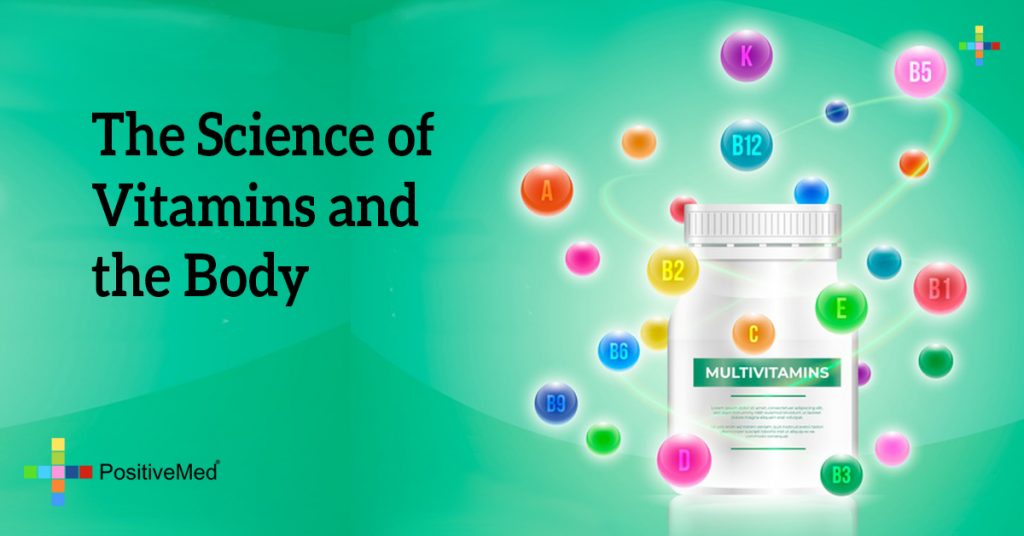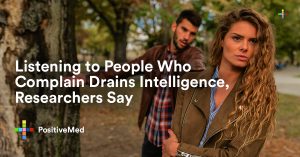
Most of us know vitamins are essential to our bodies, but many times we don’t know what they actually do, or take them as seriously as we should. We should reach for the foods that give us what we need, as our diet is the most powerful and accessible tool for a healthy life. It is important to know a little bit about them, which ones to take, where to find them and how much we need. Vitamins are essential for cell function, growth and development, and are essential to good health.
There are 13 essential vitamins that are necessary for the body to function properly, without them we are a target for diseases and debilitating illness.
Today, vitamin deficiency is still a national epidemic. Around 90% of Americans have a potassium deficiency, 80% don’t get enough vitamin E, 70% need more calcium, and the list goes on and on.







